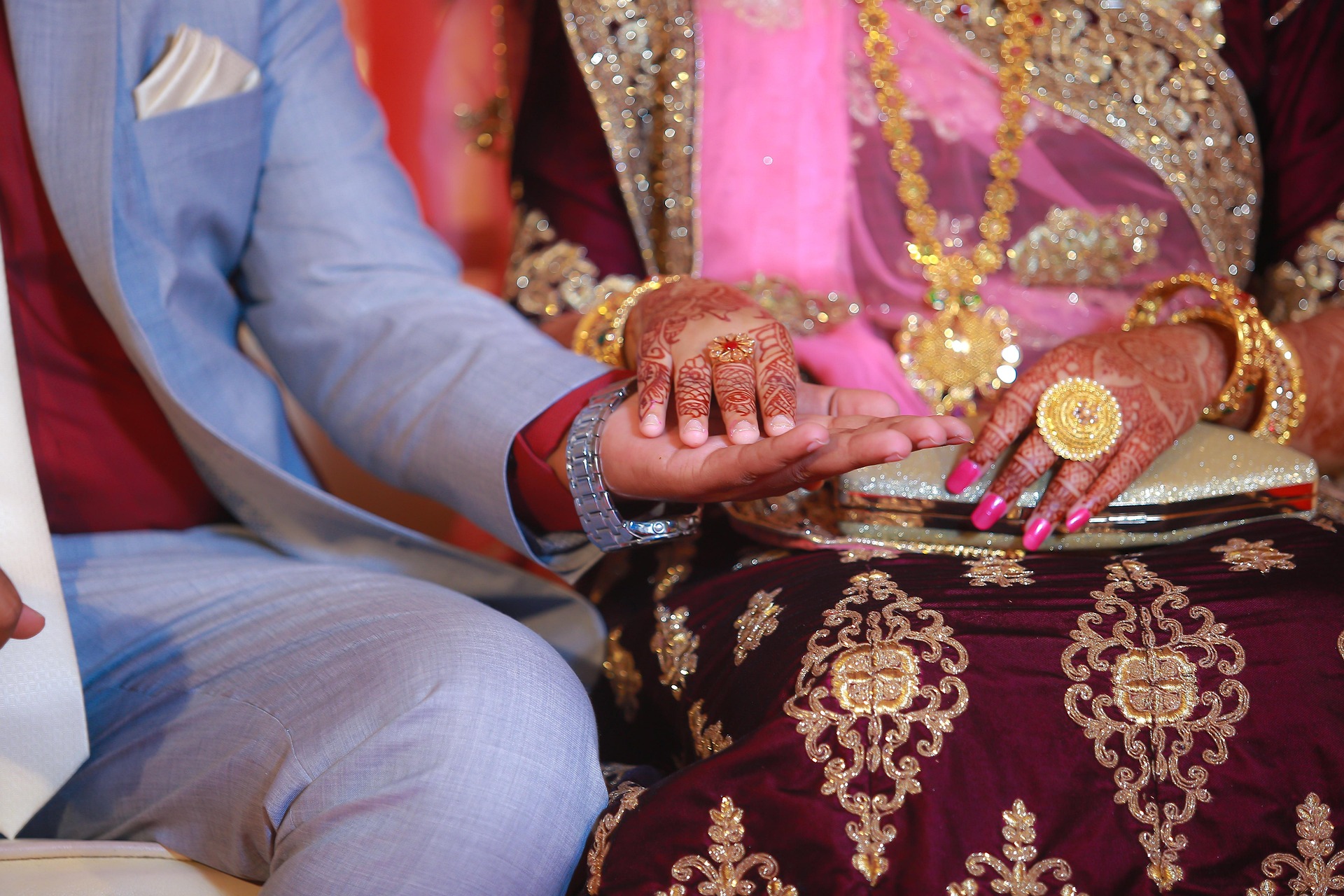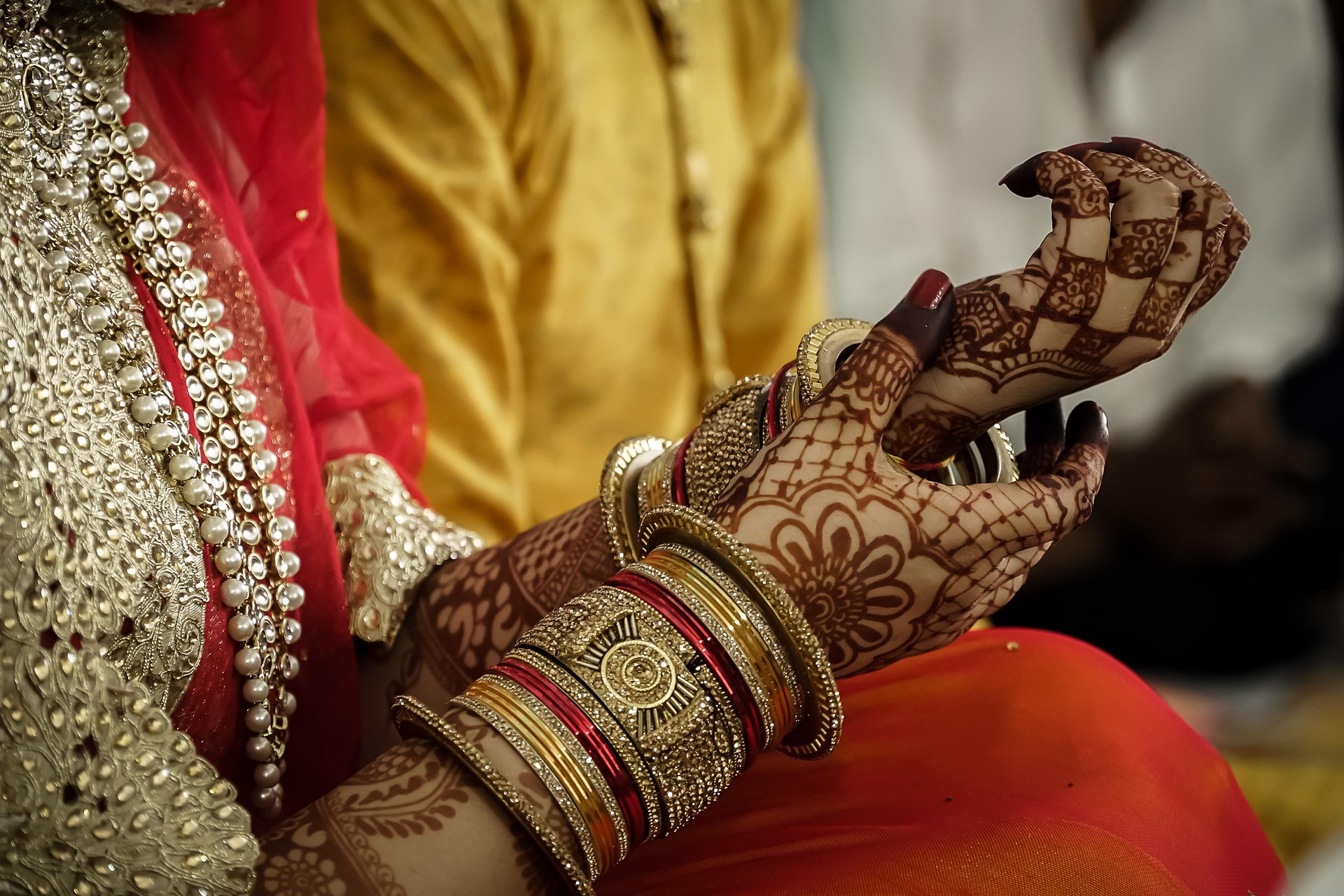
From Nikah to Celebration: The Ultimate Muslim Walima Guide
Your Walima, Your Sunnah-Centred Celebration
The walima is the joyous public celebration of a Muslim marriage, rooted in prophetic tradition and infused with community spirit. Yet in Britain today, couples often feel caught between cultural expectations and practical realities—timing, costs, guest lists, venue choices, even how the walima relates to consummation and the nikah. This comprehensive walima guide brings clarity, confidence and calm to your planning, so you can honour the Sunnah, protect your dignity, and celebrate with sincerity.
As you read, you will find actionable advice, clear explanations and British context. Moreover, you will discover how to align faith, family and modern life—without extravagance or stress. Let’s begin by understanding what the walima is and why it matters.
What Is the Walima and Why It Matters

A Sunnah of Joy and Public Gratitude
The walima (wedding feast) is a prophetic practice that announces a marriage publicly and expresses gratitude to Allah. It is not simply a party; rather, it is an act of worship through hospitality. The Prophet Muhammad (peace and blessings be upon him) encouraged feeding people and building bonds of kinship, and the walima is a beautiful vehicle for both.
Importantly, the walima is distinct from the nikah contract. The nikah creates the legal and spiritual bond through offer and acceptance, witnesses, and mahr. The walima then marks this new chapter with communal joy, making the marriage known and inviting blessings through shared food, dua and togetherness.
Publicness with Purpose, Not Performance
The walima’s public nature serves a social function: it removes secrecy and gives the community a chance to support the couple. However, publicness does not mean performance. Islam discourages extravagance, waste and ostentation. Indeed, the best walima is often the one that is simple, sincere and accessible—where the wealthy and the less well-off alike feel welcomed. In Britain’s diverse Muslim communities, couples can reflect this prophetic spirit by inviting neighbours and colleagues, accommodating different needs, and focusing on sincerity over spectacle.
When Should You Hold the Walima? Timing, Consummation and Same-Day Options
Classical Guidance: After Consummation vs After Nikah
Scholars historically encouraged holding the walima after consummation, as this signals the transition from nikah to married life. However, many jurists allow the walima any time after the nikah ceremony itself. This flexibility helps couples manage logistics, especially in the UK where venues, travel, work schedules and extended families can make timing complex.
Thus, you have a spectrum of valid timing options:
After consummation (classically preferred by many scholars)
After the nikah on the same day
Shortly after the nikah (next day or within a few days)
A later date that suits your circumstances
What Matters Most: Sincerity, Modesty and Clarity
Whichever timing you choose, prioritise sincerity and clarity. If you plan the walima before consummation, make sure you treat it as the public celebration of your lawful union, not a pre-marital event. If you schedule it after consummation, be mindful of privacy and modesty—no one needs to know your personal details. In either case, communicate clearly with family and guests so expectations are set and cultural pressures are minimised.
Same-Day Walima: Practical and Permissible
A same-day nikah and walima can be both practical and permissible. For example, you might conduct the nikah in the afternoon at the mosque, then host a modest walima reception in the evening. This approach simplifies logistics, reduces costs and retains momentum. It can also be more inclusive for guests travelling from other cities. If consummation happens later that night or another day, your walima still stands as a valid Sunnah-based celebration of your marriage.
How to Plan a Shariah-Compliant Walima in Britain
Venues, Food and Atmosphere
When selecting a venue in Britain, consider accessibility, prayer facilities, halal certification and alcohol-free policies. Community halls, masjid function rooms, marquees, and reputable halal banquet venues are popular options. Good ventilation, clear signage, and a calm atmosphere all support a dignified event. Moreover, ensure prayer times are accommodated—with a clean, private space for salah and wudhu access.
Food should be halal, wholesome and served with care. Simplicity is praiseworthy; lavish menus are not required. Hot and cold buffets work well for mixed-age groups, while seated service may suit smaller gatherings. Remember dietary needs: vegetarian, vegan and allergy-friendly choices demonstrate thoughtfulness and inclusivity—key values for any walima guide.
Programmes, Speeches and Permissible Entertainment
A short, meaningful programme keeps the event focused on gratitude:
Opening with Bismillah and a brief recitation of Qur’an
A concise reminder (nasihah) about mercy, patience and mutual rights
A heartfelt dua for the couple and their families
Optional nasheeds (voice or duff, according to scholarly allowance)
Keep speeches short, kind and free from embarrassing personal anecdotes. Avoid music and entertainment that conflicts with Islamic ethics. A quiet corner for elders, a children’s space with supervised activities, and clear family seating can all enhance the atmosphere.
Responsibilities: Who Hosts, Who Pays and How to Avoid Undue Pressure
Primary Responsibility and Shared Support
Traditionally, the walima is the groom’s responsibility, symbolising his hospitality to the community and his joy in welcoming his spouse. However, British Muslim families often collaborate, sharing costs and logistics sensibly. There is room for cultural variation, provided it does not compromise Islamic principles or create unfair pressure.
Keep a keen eye on financial responsibility. Debt for a single day of celebration is not wise. A marriage blessed with prudence and generosity, rather than extravagance, begins on firm ground. Agree a budget early, itemise essential costs, and reduce the guest list if necessary. Hospitality is measured by sincerity and good manners—not by price tags.
Guest List Ethics and Invitations
Invite a balanced cross-section of family, friends and community members. The Prophet (peace be upon him) warned against excluding the poor from feasts, so consider including converts, students, neighbours and those who might otherwise feel left out. Send clear invitations and provide dress guidance if there is a particular code or level of formality. If you opt for gender-separated spaces, inform guests in advance so they can plan accordingly.
If gifts are customary in your circle, refrain from imposing expectations. Express gratitude for any gesture, and create a simple mechanism for cards or contributions without drawing attention to those who give less or cannot give at all.
Consummation, Privacy and Dignity
Honouring Modesty
Consummation is a private matter and should be treated with dignified discretion. You do not owe anyone—family or friends—details about your private life. If your walima occurs before consummation due to logistics, you have still fulfilled a valid Sunnah-based celebration. If it occurs after, do not signal or hint about personal matters. Islamic etiquette protects your privacy; let your conduct be guided by modesty and respect.
Practical Considerations
For couples managing travel, work or accommodation constraints, plan with foresight. Secure a suitable place to spend your first private time as husband and wife, even if your walima is on the same day as the nikah. Communicate politely but firmly with well-meaning relatives who might otherwise delay your rest. A balanced schedule—nikah, concise photos, walima, then a timely farewell—supports both community warmth and marital wellbeing.
British Realities: Legal, Cultural and Safeguarding Considerations
Marriage Registration and Documentation
In the UK, the nikah alone is not a civil marriage unless performed by an authorised registrar at a licensed venue. To protect rights and responsibilities, consider registering your marriage civilly either on the same day or as close to the nikah as feasible. This ensures legal recognition in British law for matters like inheritance, housing and immigration. Many couples coordinate the legal ceremony at a registry office and then host the nikah and walima to fulfil their religious and community aspirations.
Safeguarding and Dignity in a Digital Age
Modern introductions can be risky if not handled carefully. Safeguard your dignity by verifying identities, establishing boundaries and involving trusted guardians where possible. Protect your guest list and personal data by using reputable platforms and avoiding oversharing on social media. Likewise, ensure your venue and vendors respect privacy—particularly for women-only spaces and modest photography policies. A professional female photographer or a written photography brief can prevent awkward moments and protect everyone’s comfort.
Gender Arrangements, Dress and Conduct
Designing Spaces with Care
Many British walimas provide either gender-separated halls or mixed seating with family tables and clear decorum. Choose the arrangement that best fits your community’s norms and your conscience. If you opt for separation, ensure both spaces receive equal care—comparable décor, desserts and access to speeches. If you choose mixed seating, encourage modest dress, courteous conduct and family-friendly programming.
Dress and Adab
Dress should be modest, dignified and comfortable. The couple’s attire may reflect cultural heritage, but avoid styles that attract undue attention or compromise modesty. Adab (etiquette) matters: greet warmly, avoid gossip, give up your seat for elders, and thank hosts sincerely. Keep music, dancing and light displays within Islamic guidelines. If in doubt, err on the side of simplicity—it is timeless and graceful.
The Sunnah Spirit: Feeding, Inclusion and Charity
Feed with Sincerity
Feeding people is an act of worship when done with the right intention. Begin preparation with Bismillah and a dua for barakah. Serve efficiently, reduce food waste, and donate surplus to local shelters where feasible. A small charitable gesture—such as sponsoring meals for those in need in honour of your walima day—can carry immense reward and reinforce the spirit of service.
Inclusion Without Complication
Ensure the walima is accessible: step-free access, seating for elders, child-friendly facilities, and quiet spaces for neurodivergent guests where possible. If you expect non-Muslim guests, offer a brief explanation of the walima on programmes or table cards, and signpost prayer times politely. These thoughtful touches leave lasting impressions and reflect the universal values of hospitality and respect.
Frequently Asked Questions (Clear Answers, British Context)
Is a walima valid if held before consummation?
Yes. Many scholars allow the walima any time after the nikah. While some classical opinions prefer after consummation, holding it earlier remains valid and practised widely, especially where logistics require.
Can we combine nikah and walima on the same day?
Yes. A same-day walima is practical and permissible. Coordinate a concise programme and ensure adequate rest for the couple afterwards.
Must the groom alone host and fund the walima?
Traditionally, the groom hosts. However, British families often share costs. What matters most is avoiding debt and extravagance, and fulfilling the spirit of hospitality.
How big should the walima be?
As big as your means allow without waste or pressure. A smaller, sincere walima may be superior to a grand event that strains finances.
May the bride’s family contribute or host?
Yes, if done freely and without cultural coercion. The Sunnah emphasises hospitality and gratitude, not rigid roles or social competition.
Is entertainment allowed?
Keep within Islamic bounds. Nasheeds, poetry and wholesome speeches are suitable. Avoid music and activities that contravene modesty or decorum.
What about photography?
Set clear, modesty-respecting rules. Consider women-only photography in women’s spaces, no public sharing without consent, and a professional brief that ensures privacy.
Do we have to invite everyone?
No, but avoid exclusivity that excludes the poor or isolates converts and students. A balanced list reflects the prophetic ethos.
A Practical Step-by-Step Timeline (From Intention to Farewell)
Three to six months before
Set intentions: a sincere, Sunnah-centred walima focused on gratitude.
Agree budget and size; avoid loans where possible.
Reserve venue(s) with prayer space and halal certification; request no-alcohol policy.
Shortlist caterers; sample menus; confirm dietary options.
Decide gender arrangement and photography rules; note these on invitations.
Coordinate civil registration with registry office if required.
Line up a khateeb or speaker for a short reminder and dua.
Create a privacy plan: modest photography, no live-streaming without consent, sensible social media.
One to two months before
Finalise guest list; send invitations with dress guidance and schedule.
Confirm caterer, menu and serving style; plan surplus food donation if possible.
Book separate prayer spaces, microphones and partitions where needed.
Arrange children’s corner and elder seating; confirm accessibility routes.
Prepare a concise programme: recitation, reminder, dua, nasheeds.
Draft brief thank-you notes and place cards; add a simple explanation of the walima for non-Muslim guests.
One to two weeks before
Confirm times with the imam/registrar for nikah and any civil ceremony.
Reconfirm venue logistics, AV equipment, prayer spaces and photography rules.
Coordinate with ushers and volunteers; assign roles for greeting, seating, and food service.
Share the timeline with families to minimise delays and stress.
Walima day
Begin with Bismillah and gratitude. Keep the programme short and purposeful.
Serve food efficiently; care for elders and children first.
Offer a heartfelt dua; encourage guests to make dua for the couple.
Thank guests sincerely; distribute leftovers responsibly; leave the venue tidy.
Afterwards
Send gratitude messages within a week.
Reflect together: what went well; what would you simplify next time?
Begin married life with prayer, patience and kindness; the walima is a beginning, not an end.
Keeping Hearts at the Centre
Beyond menus and seating charts lies the heart of the walima: gratitude, mercy and community. When couples prioritise sincerity over spectacle, hospitality over hierarchy, and inclusion over image, they step into married life with barakah. Whatever the timing—same day as the nikah or after consummation—what endures is your intention and your adherence to prophetic guidance.
MMS: Safeguarding Dignity on the Journey to Walima
At Muslim Marriage Services (MMS), we believe a dignified walima begins long before the event—at the stage of introductions built on trust and ethics. With secure digital ID verification through Yoti, guardian-friendly features like DynamIQ Guardian and ProfileShield, and an education-first ethos, MMS helps you prepare for marriage with confidence. Our walima guide sits alongside practical pre-marital learning and community support—so your celebration reflects both faith and foresight, Insha’Allah.
Key Takeaways: Your Walima, Done Right
The walima is a Sunnah celebration of gratitude and public recognition of marriage.
Timing is flexible: same day as the nikah, shortly after, or after consummation.
Keep it modest, inclusive and accessible; avoid extravagance and debt.
Prioritise privacy, safeguarding and legal recognition in the UK.
Feed with sincerity, invite with balance, and begin married life with dua.

